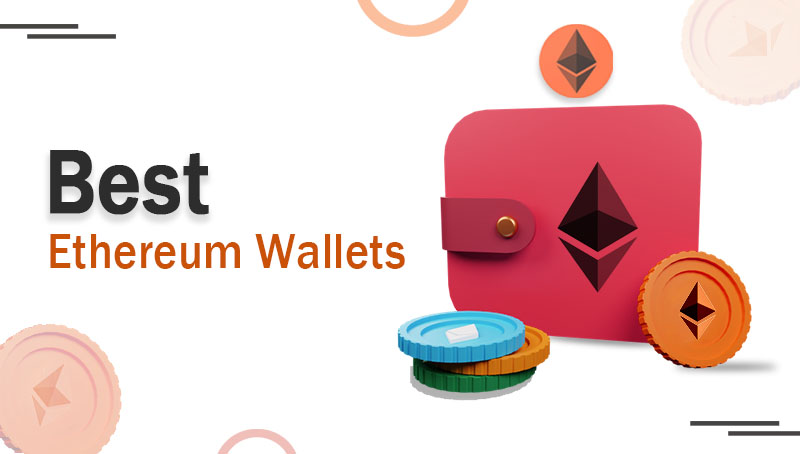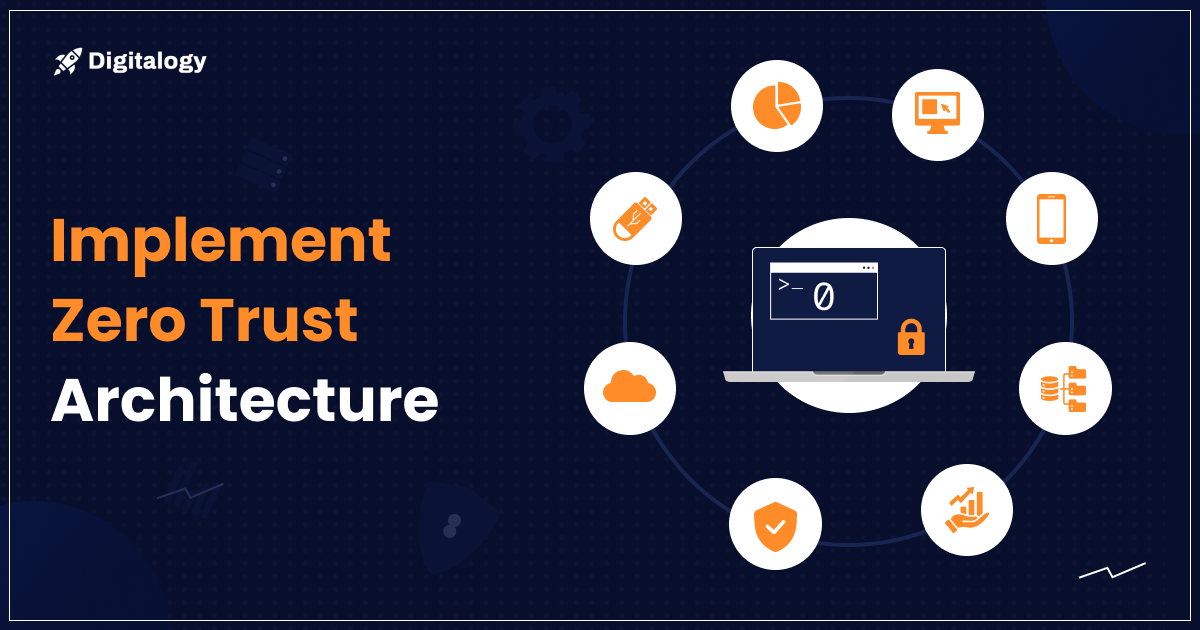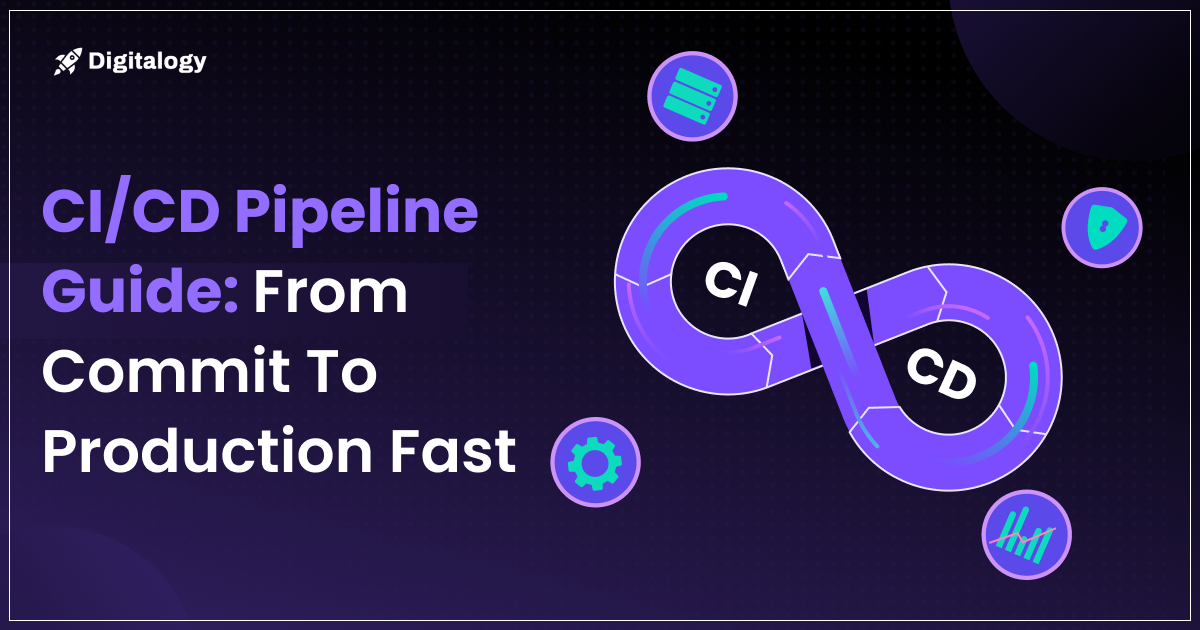Ethereum (ETH) has clearly established itself as a contender in the quick-moving world of cryptocurrencies. One of the most significant blockchain systems, Ethereum is the engine behind a wide range of decentralized apps (DApps) and is a serious player in the field of smart contracts. The safety and accessibility of your Ethereum assets should be your top priorities whether you’re a trader, investor, or just someone who believes in the potential of decentralized technology.
Ethereum wallets are useful in situations like this. Making sure that your ETH is secure in 2024 is not something to take lightly. The sophistication of cryptocurrency thefts, hacks, and scams has increased, highlighting the demand for dependable and safe storage options. In this article, we’ll walk you through the top 12 Ethereum wallets of 2024, each of which provides a special mix of simplicity, security, and functionality. After finishing reading, you’ll have the knowledge required to choose a trustworthy location to entrust your treasured ETH. Let’s look at the top Ethereum wallets right away to safeguard your digital assets until 2024 and beyond.
Ethereum falls under the blockchain category which means if you are looking for Ethereum-related solutions, blockchain developers will be a great help to you. Digitalogy is here to advise you and help you with all the Ethereum and blockchain-related solutions. We provide blockchain experts who will help you with your projects.
What is Ethereum?
Since its launch in 2015, Ethereum, also known as ETH, has transformed the digital environment. It is a groundbreaking blockchain platform and cryptocurrency. Ethereum, in contrast to more established cryptocurrencies like Bitcoin, is more than just digital money; it also operates as a flexible decentralized ecosystem that makes it possible to build smart contracts and decentralized apps (DApps).
Fundamentally, Ethereum is an open-source, decentralized blockchain technology that enables peer-to-peer trades and the execution of self-executing contracts, automating a variety of procedures without the need for middlemen.
This novel strategy has helped Ethereum grow into a worldwide network, encouraging creativity across sectors and making significant contributions to the development of blockchain technology and the wider decentralized economy, including supply chain management, gaming, and many other areas.
The Ethereum network’s native cryptocurrency, ETH, is more than simply a virtual money store; it supports these decentralized apps and maintains the network’s security and functioning.
How Do Ethereum Wallets Work?
Every Ethereum wallet you own contains a private key that enables you to access the currency within. This includes both the public and private keys. The public key is the address you are given when transferring money between wallets or accounts. The private key, on the other hand, proves your legitimacy as the legitimate owner of those coins by revealing your identity to the network.
You must have access to the password-protected wallets containing the private key to use the Ether currency. Ethereum keeps track of the matching quantity of ETH currency for each private key on the blockchain. In light of this, all a user needs to access their money is the password-protected key.
The ‘forgotten password’ functionality is absent, thus these keys are maintained encrypted in the Ethereum secure wallet and may be opened using the user’s selected password. You must remember your password, write it down somewhere, and keep it secure. A USB drive, a sheet of paper, a separate server, or another digital ledger can be used as a backup and storage location for the private keys.
Why is a Secure Ethereum Wallet Essential?
Let’s briefly go over the importance of having a safe Ethereum wallet before exploring your alternatives. Cryptocurrencies are decentralized and provide no recourse in the event of loss due to theft or improper treatment, in contrast to traditional banks where your assets are secured by regulatory agencies and insurance.
Here are some strong arguments in favor of giving your Ethereum assets’ security top priority:
- Ownership and Control: A safe Ethereum wallet guarantees that you are in total charge of and possess full ownership of your ETH. Your valuables are not being protected by a third party.
- Protection against Hacks: Online wallets and cryptocurrency exchanges are popular targets for hackers. Owning your wallet drastically lowers the possibility of having your ETH stolen.
- Lengthy-term Investment: Proper security is essential if you intend to store Ethereum for a lengthy period to preserve its value.
- Participation in DeFi and DApps: Decentralized finance (DeFi) systems and DApps sometimes need users to link their wallets to participate. To safeguard your funds when participating in these activities, it’s imperative to use a secure wallet.
12 Best Ethereum Wallets of 2024 to safely secure your ETH
Ethereum wallets are very essential if you’re investing in Ethereum. But before that, it is very important to understand what different types of wallets are available. Ethereum wallets can be categorized into four parts which are:
- Hardware Wallets:
The most secure kind of Ethereum wallet is one that uses hardware since it stores your private keys offline. Accordingly, even if your PC is compromised, your ETH will be safe from hackers and viruses.
The Trezor Model T and the Ledger Nano X are two of the most well-known hardware wallets. These two wallets are both user-friendly and provide a high level of security.
Hardware wallets from Ledger, such as the Nano S and Nano X, are renowned for their high levels of security. Your Ethereum private keys are kept in these wallets offline, protecting them from internet dangers like hacking. Additionally, they have an easy-to-use interface for managing your Ethereum holdings.
Pros:
- Offline storage with high security.
- Many cryptocurrencies, including Ethereum, are supported widely.
- Easy setup procedure.
Cons:
- Hardware wallet purchase price upfront.
- Risk of the gadget being physically lost or damaged.
Another famous hardware wallet that provides top-notch protection for your Ethereum and other cryptocurrencies is the Trezor Model T. It supports a variety of assets and has a touch screen for simple navigation.
Pros:
- Enhanced security with offline storage and PIN protection.
- Large touch screen for convenient use.
- Regular firmware updates.
Cons:
- Higher initial cost.
- Possibility of physical loss or damage.
KeepKey is a hardware wallet designed for storing Ethereum and other cryptocurrencies securely. It offers robust protection against cyber threats by keeping private keys offline.
Pros:
- Strong Security: Offline storage ensures protection from online threats.
- User-Friendly: Features a large screen and intuitive interface.
- Multi-Currency Support: Supports various cryptocurrencies, including Ethereum.
Cons:
- Cost: Slightly more expensive compared to some competitors.
- Limited Coin Support: Supports fewer cryptocurrencies compared to other wallets.
- Bulkier Design: Larger and less portable than some alternatives.
- Mobile Wallets:
Smartphone programs called “mobile Ethereum wallets” let users securely store, administer, and conduct transactions using Ethereum and its tokens. For everyday usage, they offer ease by granting mobile access to Bitcoin holdings. Utilizing these mobile wallets, which frequently have user-friendly UI, users may transfer, receive, and keep track of their Ethereum holdings.
Popular Ethereum wallet MetaMask has both a mobile app and a web plugin. It has a user-friendly interface and is frequently used to connect with decentralized apps running on the Ethereum platform. Additionally, MetaMask supports Ethereum’s EIP-1559, giving users better control over transaction fees.
Pros:
- Simple to set up and utilize.
- Excellent DApp integration.
- Hardware wallets are supported for increased security.
- Routine updates and enhancements.
Cons:
- If consumers aren’t careful, they might fall victim to phishing attempts.
- In comparison to the browser extension, the mobile version’s functionality could be restricted.
Known for its brevity and security, Trust Wallet is a popular Ethereum mobile wallet. Additionally, it supports a variety of different blockchains, giving it a flexible option for users of several currencies.
Pros:
- Easy setup and use on mobile devices.
- Supports multiple cryptocurrencies.
- Built-in DApp browser.
Cons:
- Mobile-only (no desktop version).
- Vulnerable to mobile device security issues if not properly secured.
Coinbase Wallet, not to be confused with the Coinbase exchange, is a mobile Ethereum wallet with a focus on user security. It integrates with the Coinbase ecosystem but allows you to have full control over your private keys.
Pros:
- User-friendly and accessible on mobile devices.
- Integration with Coinbase services.
- Full control over private keys.
Cons:
- Limited to mobile devices.
- May not support all cryptocurrencies.
ZenGo is a mobile Bitcoin wallet that emphasizes ease of use and safety. In place of conventional private keys, it uses biometric authentication, which makes it both user-friendly and safe for maintaining several cryptocurrencies.
Pros:
- User-Friendly: ZenGo offers a user-friendly interface, making it easy for beginners.
- Keyless Security: It uses biometric authentication instead of private keys.
- Multi-Currency: Supports various cryptocurrencies.
- Non-Custodial: Users have full control of their funds.
Cons:
- Limited Coins: Supports fewer cryptocurrencies compared to some other wallets.
- Slightly Higher Fees: Transaction fees may be slightly higher.
- Newer Wallet: Relatively new in the market, with a less established reputation compared to older wallets.
- Desktop Wallets
A desktop Ethereum wallet is a piece of software that can be installed on a computer and gives users access to a graphical user interface for managing and securely storing their Ethereum cryptocurrency assets, such as Ether (ETH).
Exodus is a wallet that works on desktops and mobile devices and has a modern, simple UI. Inside the app, you may store, manage, and exchange cryptocurrencies like Ethereum.
Pros:
- User-Friendly: Easy for beginners.
- Multi-Currency Support: Stores multiple cryptocurrencies.
- Built-In Exchange: Allows users to trade crypto within the wallet.
- Backup and Restore: Provides recovery options.
- Portfolio Tracker: Displays asset balances.
Cons:
- Closed Source: Not fully open-source for security scrutiny.
- Limited Privacy: Lacks advanced privacy features.
- Exchange Fees: Trading within the wallet may have higher fees.
- No Hardware Wallet Support: Limited hardware wallet integration.
- Online Hot Wallet: Not as secure as hardware wallets for long-term storage.
Cross-platform wallet Atomic Wallet gives users access to and management of their private keys. Additionally, it has an integrated exchange for exchanging cryptocurrencies, and it is renowned for its staking capabilities.
Pros:
- Security: User-controlled private keys enhance security.
- Multi-Platform: Available on desktop and mobile.
- Atomic Swap: Supports atomic swaps for direct peer-to-peer trading.
- Wide Range: Supports many cryptocurrencies and tokens.
- Staking: Allows users to stake and earn rewards.
Cons:
- Limited Anonymity: Not completely anonymous due to email registration.
- Learning Curve: This can be complex for beginners.
- Fees: Fees may vary depending on the blockchain.
- No Hardware Wallet Integration: This doesn’t directly integrate with hardware wallets.
- Customer Support: Some users report slow response times from customer support.
You may construct Ethereum wallets and securely manage your ETH using the open-source client-side wallet known as MyEtherWallet (MEW). Your complete control over your money is ensured by the fact that it doesn’t save your private keys on its servers.
Pros:
- User-Controlled: Provides full control over private keys.
- Easy-to-Use: User-friendly interface for wallet management.
- Compatibility: Supports various hardware wallets.
- Token Support: Allows management of Ethereum-based tokens.
- Free to Use: No registration or fees for basic use.
Cons:
- Security Responsibility: Users must safeguard their private keys.
- Online Risk: Vulnerable to online threats compared to hardware wallets.
- No Customer Support: Limited customer support compared to commercial wallets.
- Phishing Risks: Users must be cautious of phishing websites and scams.
- No Multicurrency: Focused solely on Ethereum and Ethereum tokens.
- Web Ethereum Wallets
Web-based interfaces called web Ethereum wallets enable users to control and access their Ethereum cryptocurrency holdings via a web browser. While allowing users to transmit, receive, and track their Ethereum assets, these wallets are less secure than hardware wallets since the private keys are kept online, leaving them vulnerable to hacking and phishing assaults.
Guarda Wallet is a multi-platform wallet that supports Ethereum and a wide range of other cryptocurrencies. It offers both web and mobile versions and is known for its robust security features.
Pros:
- Multi-Currency Support: It allows you to store a wide range of cryptocurrencies.
- User-Friendly Interface: It offers a user-friendly and intuitive interface.
- Non-Custodial: You have full control over your private keys.
- Cross-Platform: Available as a web, desktop, and mobile wallet.
- Built-In Exchange: Allows you to exchange cryptocurrencies within the wallet.
Cons:
- Limited Anonymity: It could not offer as much anonymity as certain wallets that prioritize privacy.
- Security worries: Since certain users have already expressed security worries, robust security procedures are important.
- Risk from Third Parties: The built-in exchange depends on third parties, which might be dangerous in the event of problems or service interruptions.
Providing access to decentralized financial apps, Argent Wallet is a non-custodial Ethereum wallet and DeFi platform renowned for its user-friendliness and cutting-edge security features like social recovery.
Pros:
- User-Friendly: Offers a simple and intuitive interface, making it accessible to crypto newcomers.
- Security Features: Innovative social recovery and smart contract-based security measures enhance user protection.
- DeFi Integration: Easily access decentralized finance applications within the wallet.
- Mobile Accessibility: Available as a mobile app for convenience.
Cons:
- Limited Cryptocurrency Support: Primarily focused on Ethereum, it lacks support for a wide range of cryptocurrencies.
- Developing Ecosystem: This may not offer as many features as more established wallets.
- Social Recovery Caution: Relying on a single social login for wallet recovery can be a security risk.
Conclusion
Securing your ETH assets is essential since Ethereum has become a leader in the volatile world of cryptocurrencies. We’ve guided you through the top 12 Ethereum wallets of 2024, each of which offers a special combination of features and security precautions.
Your specific requirements and preferences will ultimately determine which Ethereum wallet is ideal for you. Consider these alternatives carefully, then choose the one that best suits your security criteria and usability needs. In the constantly growing world of digital assets, protecting your ETH is not simply a choice; it’s a duty.
FAQs
Ans. Yes, using your wallet’s recovery seed or private key, you may access your Ethereum wallet from many devices. For security, make sure your wallet permits access from several devices.
Ans. Use the wallet’s recovery phrase or private key to retrieve any assets that have been misplaced. These serve as backups, giving you the ability to retake control by importing them into a new wallet.
Ans. Yes, transaction fees are often charged by Ethereum wallets. These charges, which go toward network expenses, might change according to transaction volume and congestion. Users establish costs based on their choices.







